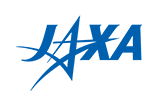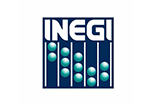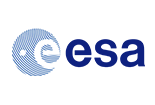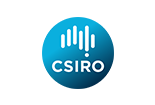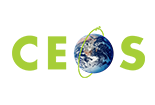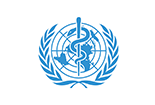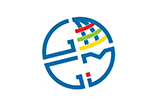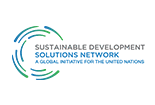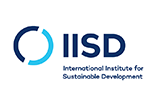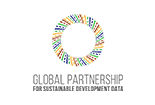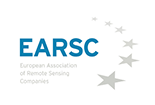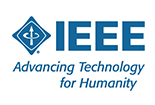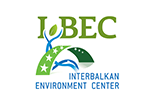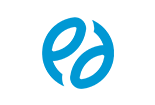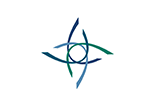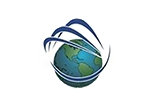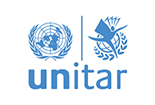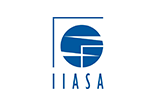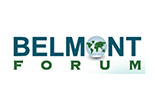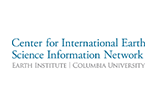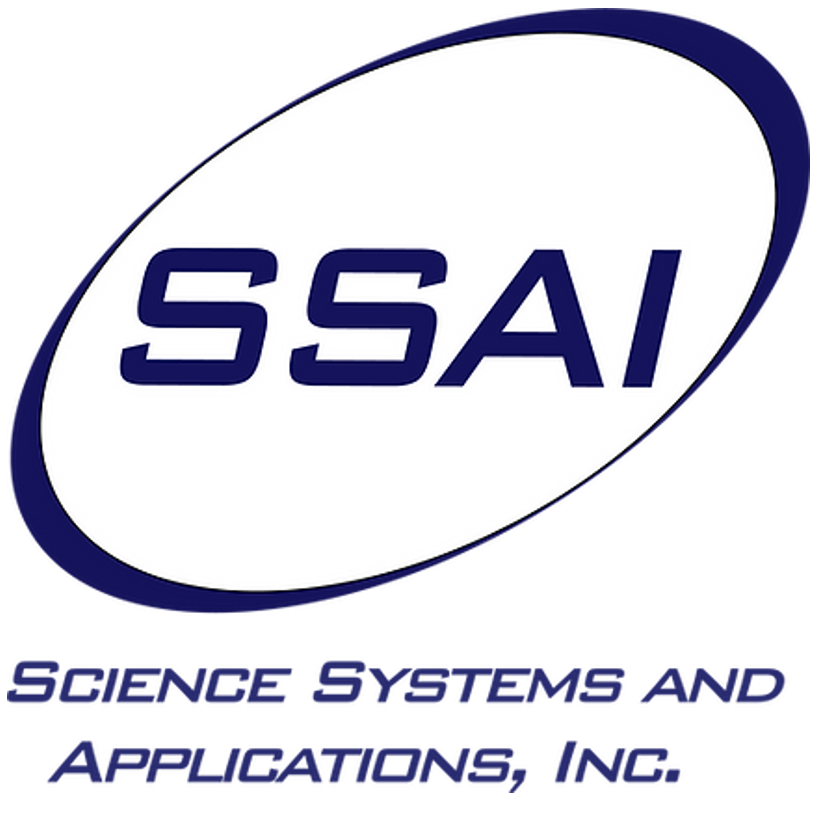Implementing and Monitoring the SDGs in the Caribbean: The Role of the Ocean
The workshop, which will be held on 17-19 January 2018, aims to bring together stakeholders representing the governments of Small Island States (SIS), Earth observation providers, scientists, and private businesses with the goal to support the implementation and monitoring of the Sustainable Development Goals (SDGs) in the Caribbean SIS.
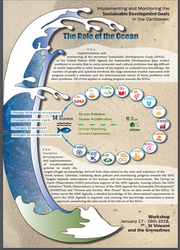 The main focus is on linking those engaged in implementing and monitoring the SDGs to ocean-related knowledge derived from Earth observations, and to Earth observation-based products of value for these efforts. The workshop is open to all stakeholders who can contribute to this goal.
The main focus is on linking those engaged in implementing and monitoring the SDGs to ocean-related knowledge derived from Earth observations, and to Earth observation-based products of value for these efforts. The workshop is open to all stakeholders who can contribute to this goal.
You can find more information on the workshop here and you can download the workshop flyer (low resolution) here.
The main outcomes of the project include a workshop report documenting the deliberations, a white paper detailing the relevance of ocean observations for the implementation and monitoring of SDGs in Caribbean SIS, and a demonstration pilot for the GEO Plenary in 2018.
The Workshop Report will summarize the deliberations and the outcomes. It will include a list of knowledge needs with the associated needs for tools, data products, and services. It will also list the variables that are essential for the creation of the knowledge, and include observational requirements for these variables. The results of the matching of users, requirements, and data will be described, including the gaps identified in the matching. Finally, the report will summarize the outcomes concerning collaboration and coordination opportunities and steps towards improved access and availability of support for policy development and manoitioring for the SDGs.
The white paper will provide details on how to ensure support of SDG implementation and monitoring in Caribbean SIS with data and products and how to facilitate the co-usage of the products and the co-creation of knowledge. These outcomes are of central importance to the GEO Blue Planet Initiative and contribute to EO4SDGs. They also are of value to all other GEO components that are engaged in supporting the 2030 Agenda. Funding agencies will be able to make use of the outcomes for the prioritization of resources made available for GEO Work Programme activities in service of the 2030 Agenda.
The identified demonstration pilot(s) will be developed after the workshop and will be featured at the GEO Plenary in 2018 with the goal to illustrate how products and knowledge derived from Earth observations can support SDG implementation and monitoring.
It is expected that the workshop will lead to new collaborations across the boundaries of the societal sectors and between the SIS and international organizations engaged in providing relevant products and knowledge.
Workshop Program Committee
- Hans-Peter Plag, Old Dominion University, IEEE, GEO Blue Planet Initiative (Co-Chair)
- Paul DiGiacomo, NOAA, GEO Blue Planet Initiative (Co-Chair)
- Emily Smail, NOAA, AquaWatch, GEO Blue Planet Initiative (Co-Chair)
- Hon. Saboto Caesar & Jai Rampersad, Saint Vincent and the Grenadines
- Lorna Inniss, Monica Borobia-Hill, Christopher Corbin, Caribbean Environment Programme – UN Environment
- Danielle Evanson, UNDP, Lorenzo Harwood UNDP and OECS
- Rose Alabaster, Waterlex
- Douglas Cripe, GEO Secretariat
- Argyro Kavvada, NASA, EO4SDGs
- Frank Muller-Karger, University of South Florida, MBON/GEOBON
- Gabrielle Canonico, NOAA, MBON/GEOBON
- Rene Garello, OES/IEEE
- Alan Evans, International and Strategic Partnerships Office, National Oceanography Centre, Southampton
- Martin LeTissier, Shona Paterson, FutureEarthCoasts
Local Organizing Committee
- Hon. Saboto Caesar (Chair)
- Jai Rampersad
- Hans-Peter Plag
- TBD




